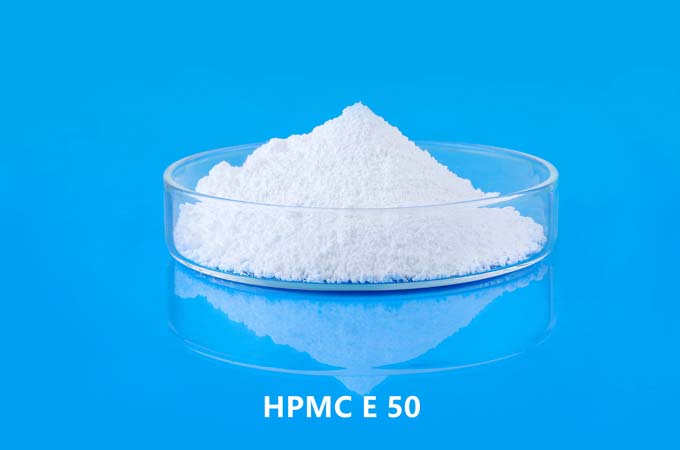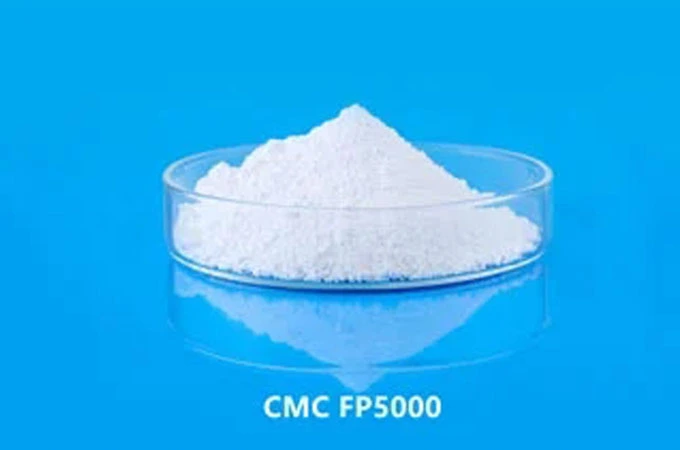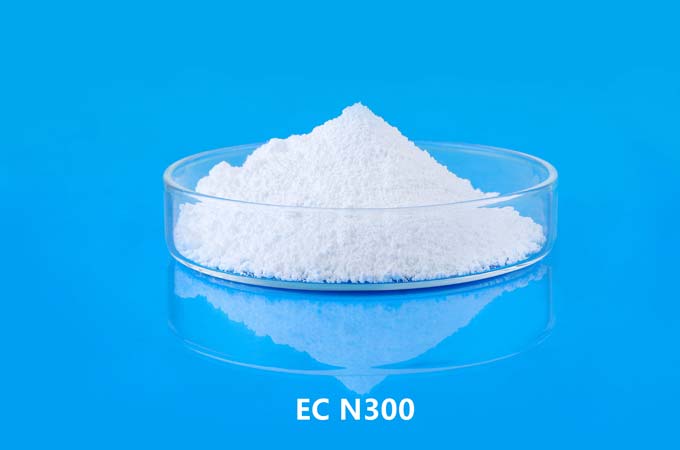Applications of Starch Ether in Industrial Coatings
Starch ether is a modified form of starch, which has gained prominence due to its diverse applications in various industries, particularly in the realm of industrial coatings. Its utility in this field is driven by its unique properties such as viscosity enhancement, film-forming ability, and environmental benefits.
1.Rheology Modification
One of the primary applications of starch ether in industrial coatings is as a rheology modifier. Rheology modifiers are substances that influence the flow and deformation behavior of coatings, ensuring they are applied smoothly and uniformly. Starch ether enhances the viscosity of coatings, which is crucial for maintaining the stability of the paint during storage and application. This improved viscosity helps in controlling the sagging of the paint when applied on vertical surfaces, ensuring a uniform thickness and preventing drips and runs.
2. Film-Forming Agent
Starch ether serves as an effective film-forming agent in industrial coatings. The film-forming property of starch ether ensures that once the coating is applied, it forms a continuous and uniform layer. This characteristic is particularly important in protective coatings where a seamless barrier is required to shield the underlying material from environmental factors such as moisture, chemicals, and UV radiation. The ability of starch ether to form films at relatively low temperatures also makes it suitable for use in coatings applied in ambient conditions.
3. Adhesion Improvement
Enhancing adhesion is another critical application of starch ether in industrial coatings. Good adhesion ensures that the coating firmly bonds to the substrate, providing durability and longevity to the protective layer. Starch ether improves the adhesion properties of coatings to a variety of substrates including metals, plastics, and ceramics. This is particularly beneficial in industrial settings where coatings need to adhere to surfaces that undergo mechanical stress and environmental exposure.
4. Eco-Friendly Alternative
With increasing environmental regulations and a shift towards sustainable practices, starch ether presents an eco-friendly alternative to synthetic polymers used in industrial coatings. Derived from renewable resources such as corn, potato, and tapioca, starch ether is biodegradable and non-toxic. This reduces the environmental footprint of industrial coatings and aligns with the growing demand for green and sustainable materials in manufacturing processes.
5. Water Retention and Stabilization
In water-based coatings, starch ether acts as an effective water retention agent. This property is particularly useful in ensuring that the coating remains workable for a longer period, preventing premature drying and allowing for smoother application. Additionally, starch ether stabilizes the dispersion of pigments and fillers in the coating formulation, ensuring consistent color and texture throughout the application.
6. Cost-Effectiveness
The use of starch ether in industrial coatings is also driven by cost considerations. Starch ether is relatively inexpensive compared to synthetic polymers and other additives used in coatings. Its effectiveness at lower concentrations further enhances its cost-efficiency, making it an attractive option for manufacturers looking to reduce production costs without compromising on quality.
7. Thickening Agent
Starch ether is widely used as a thickening agent in industrial coatings. Its ability to increase the viscosity of the coating formulation without significantly altering other properties is crucial for applications requiring thicker layers of coating. This is particularly important in protective coatings where a thicker layer is needed to provide adequate protection against abrasion, corrosion, and other forms of wear and tear.
8. Enhancing Durability
The incorporation of starch ether in industrial coatings contributes to the overall durability of the coating. Its film-forming and adhesion properties enhance the mechanical strength of the coating, making it more resistant to cracking, peeling, and other forms of degradation. This durability is essential in industrial environments where coatings are exposed to harsh conditions and mechanical stresses.
9. Improved Workability
Starch ether improves the workability of industrial coatings, making them easier to apply and handle. This is particularly beneficial in applications requiring precision and uniformity, such as automotive coatings and electronic coatings. The improved workability also translates to better finish quality and aesthetic appeal, which are important factors in industries where the visual quality of the coating is critical.
10. Applications in Specific Industries
a. Automotive Industry: In the automotive industry, starch ether is used in coatings to enhance the durability and appearance of vehicle parts. Its properties ensure that the coatings can withstand mechanical stress, temperature variations, and exposure to chemicals such as fuel and oil.
b. Electronics Industry: In electronics, starch ether is utilized in coatings for circuit boards and other components. Its insulating properties and ability to form thin, uniform films make it ideal for protecting electronic components from moisture and contaminants.
c. Construction Industry: In the construction industry, starch ether is used in coatings for building materials such as metal, wood, and concrete. Its ability to improve adhesion and durability ensures that these coatings provide long-lasting protection against environmental factors.
d. Packaging Industry: Starch ether is also employed in coatings for packaging materials. Its biodegradability and non-toxic nature make it suitable for applications where direct contact with food and other sensitive products is required.
Starch ether plays a multifaceted role in the formulation of industrial coatings. Its applications as a rheology modifier, film-forming agent, adhesion promoter, and eco-friendly alternative underscore its versatility and importance in this field. By enhancing the performance and sustainability of industrial coatings, starch ether contributes significantly to the development of high-quality, durable, and environmentally friendly coating solutions. As industries continue to seek sustainable alternatives to traditional materials, the role of starch ether is likely to expand, driving innovation and efficiency in coating technologies.
 English
English 日本語
日本語 français
français Deutsch
Deutsch Español
Español italiano
italiano русский
русский português
português العربية
العربية Türkçe
Türkçe Nederland
Nederland



